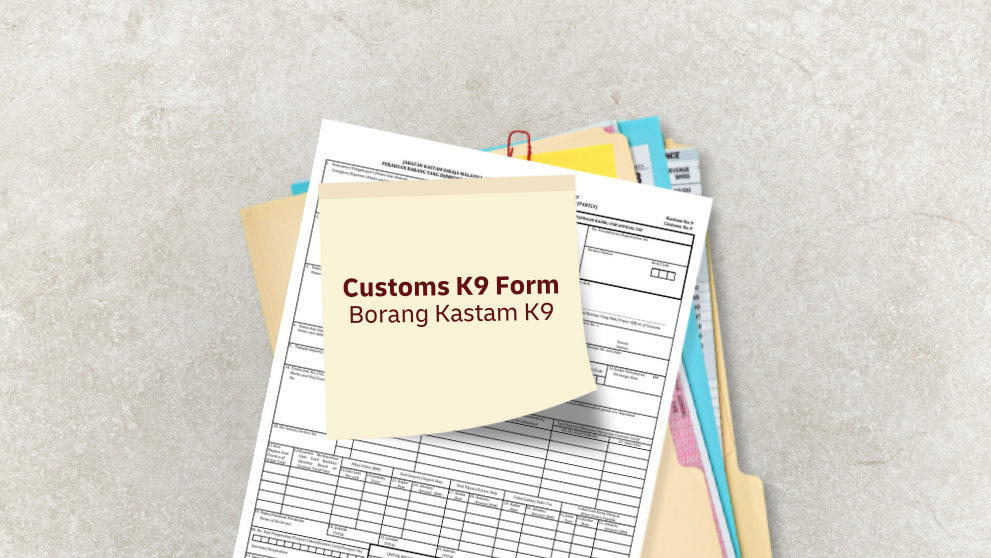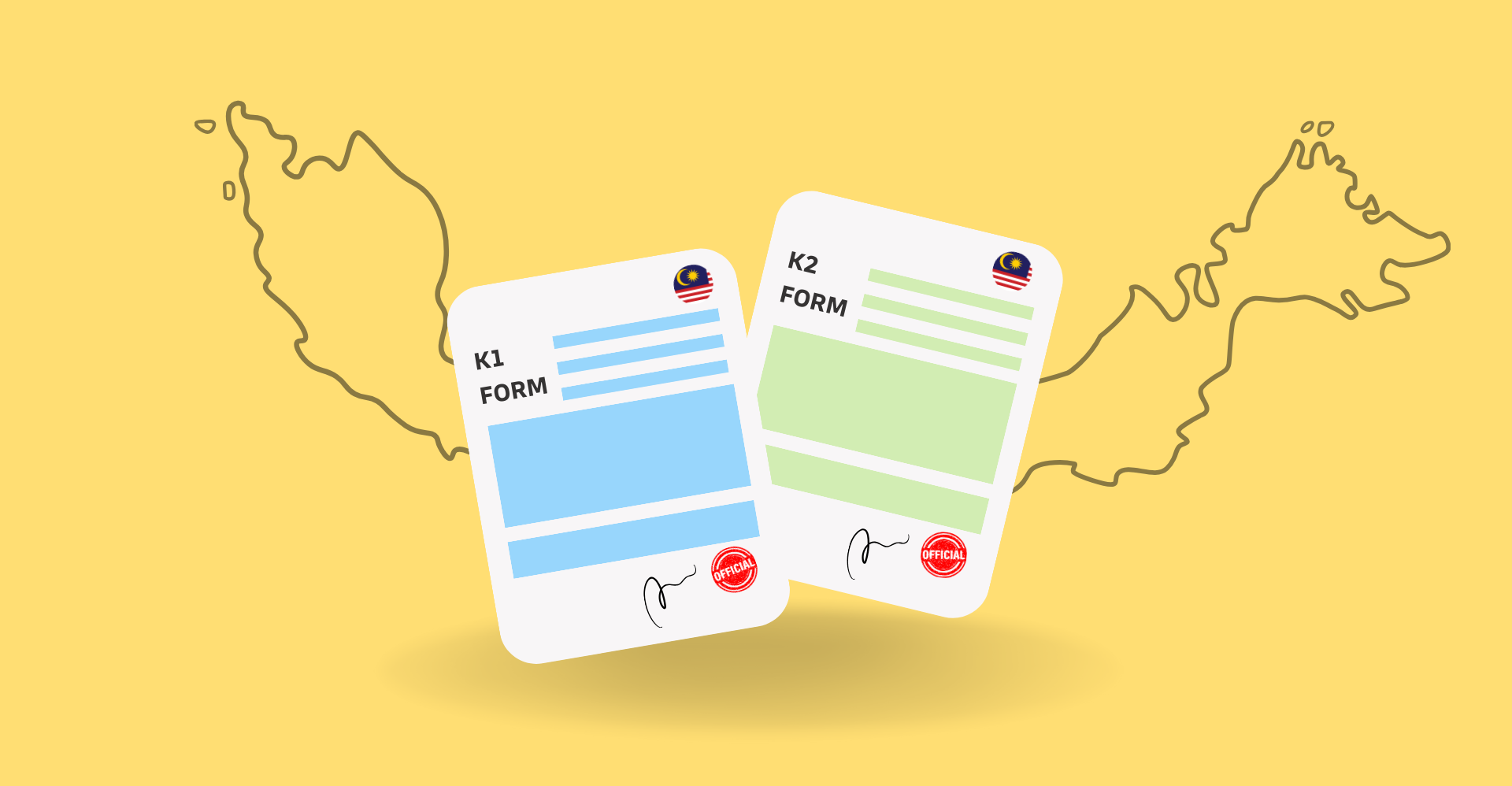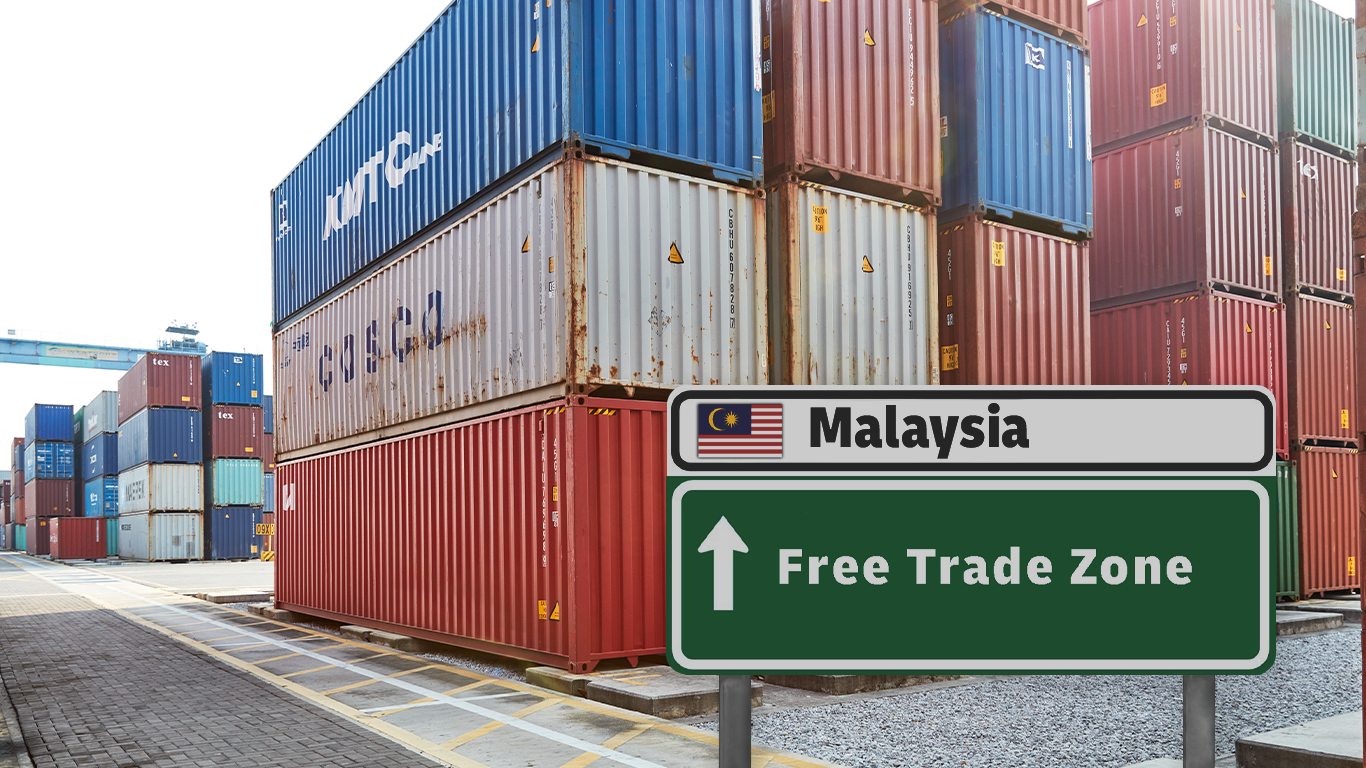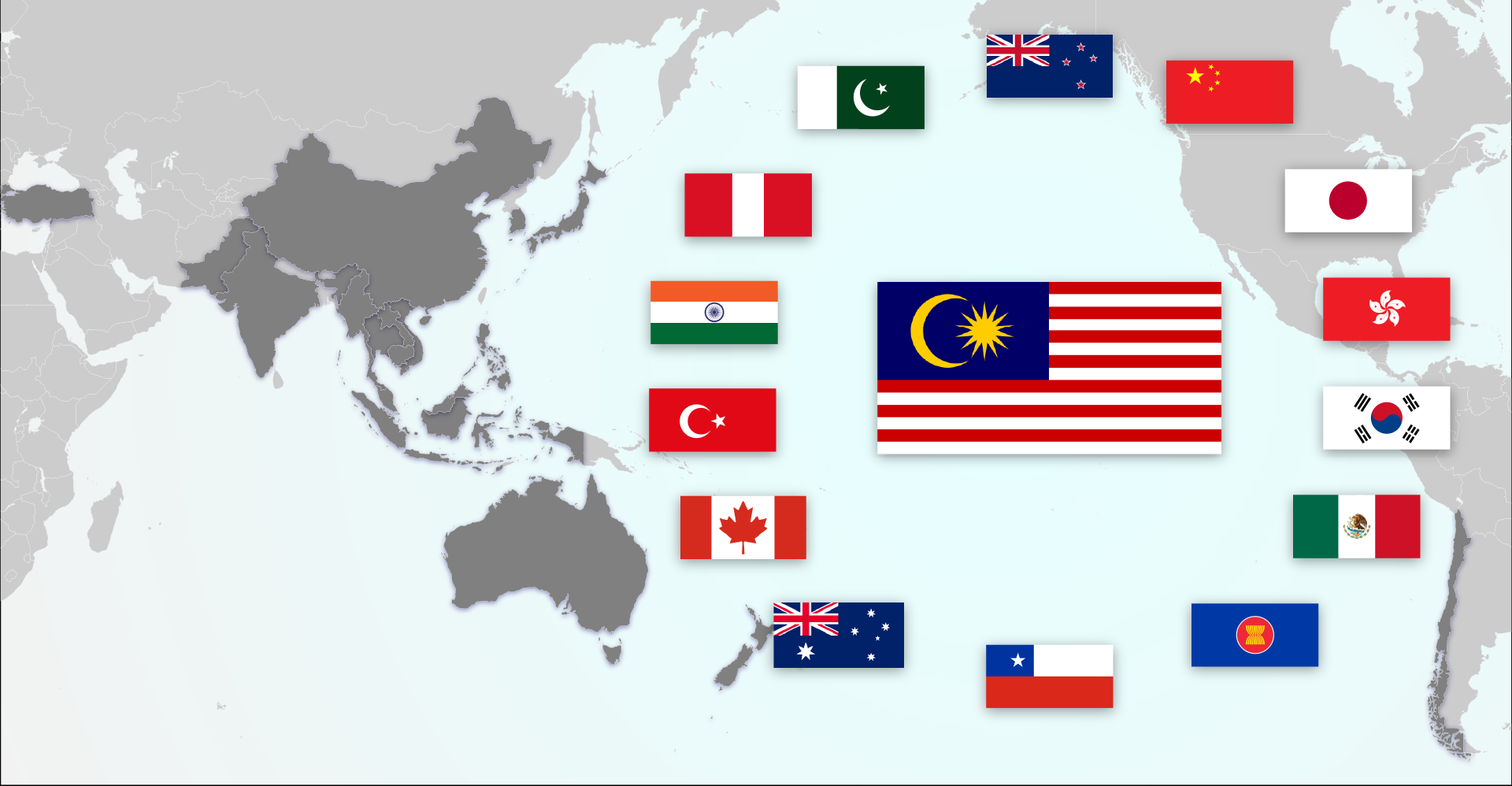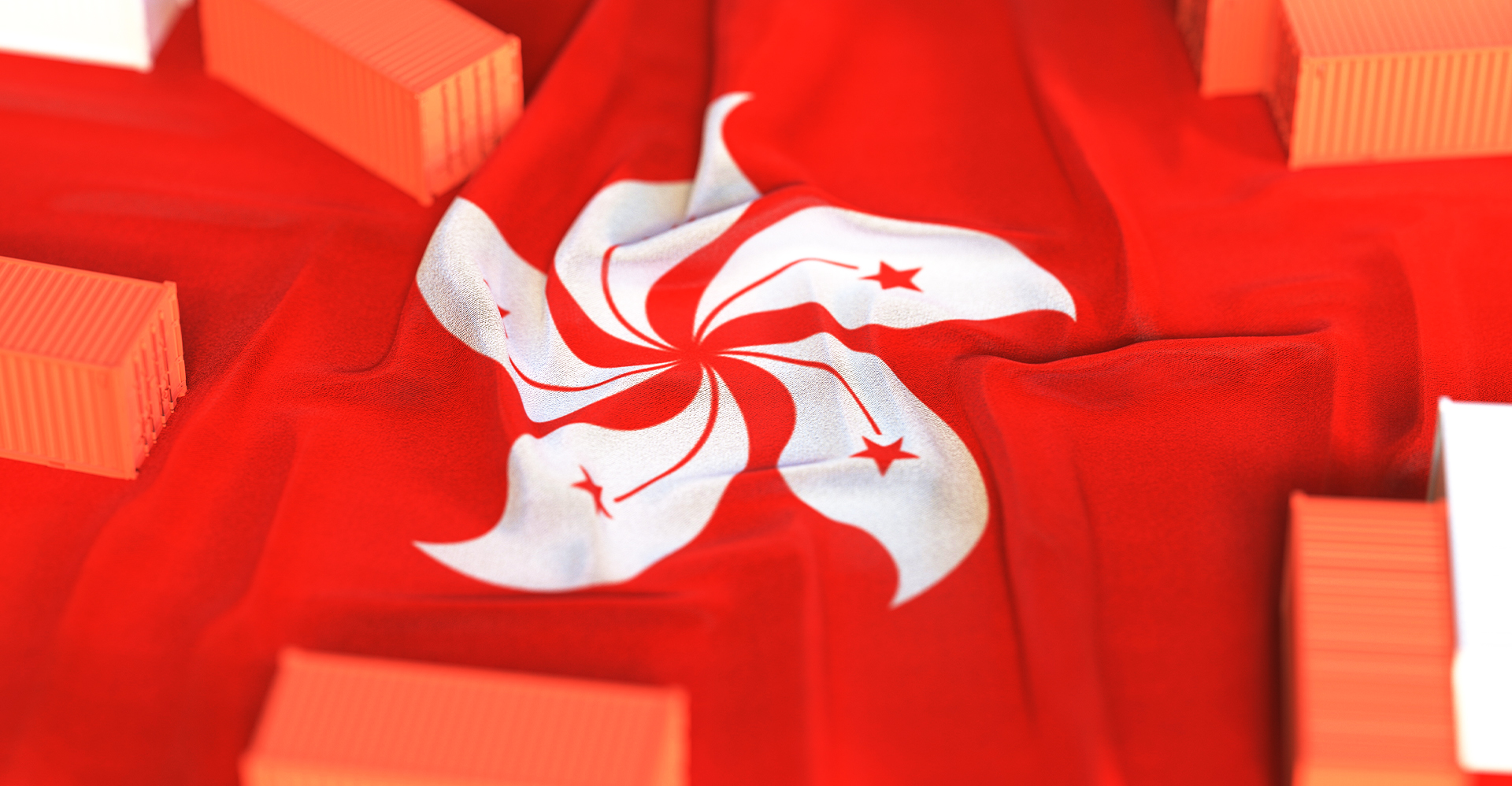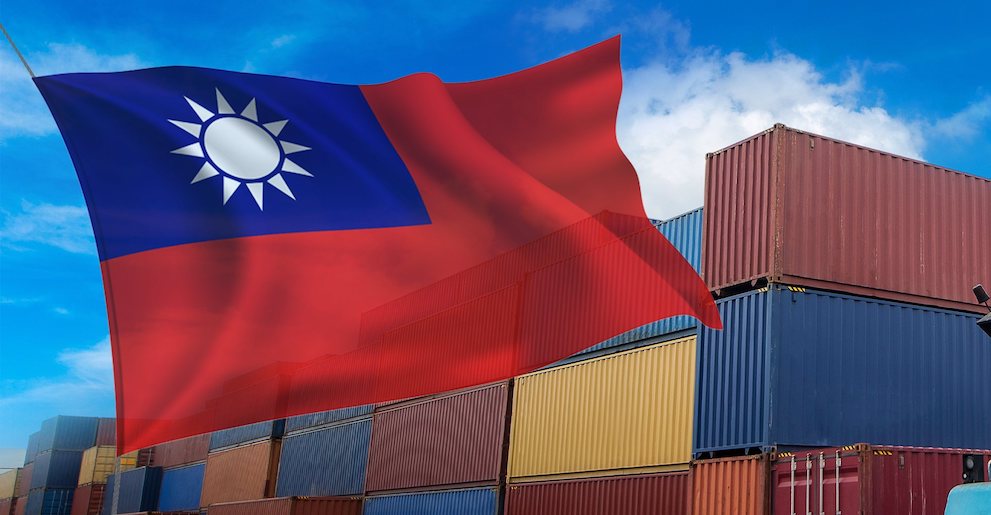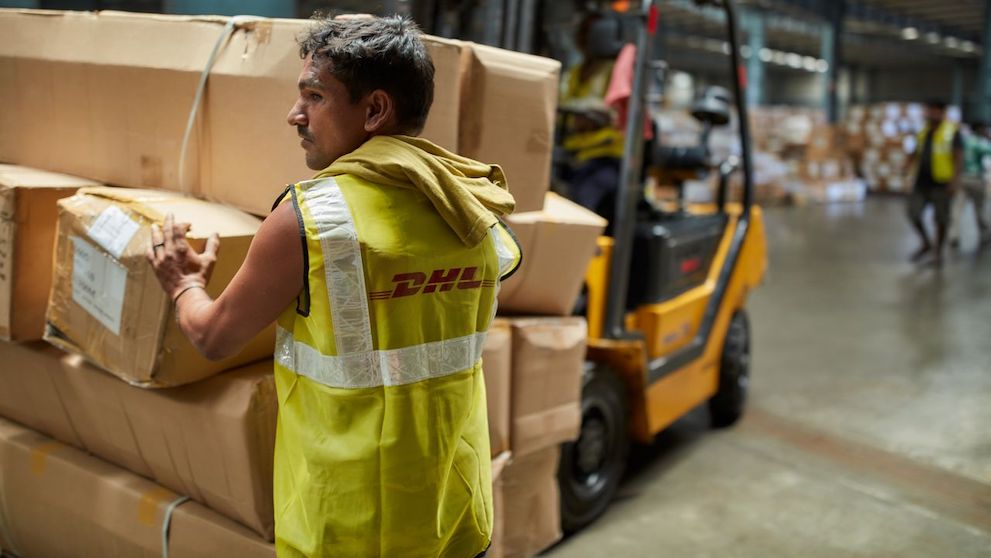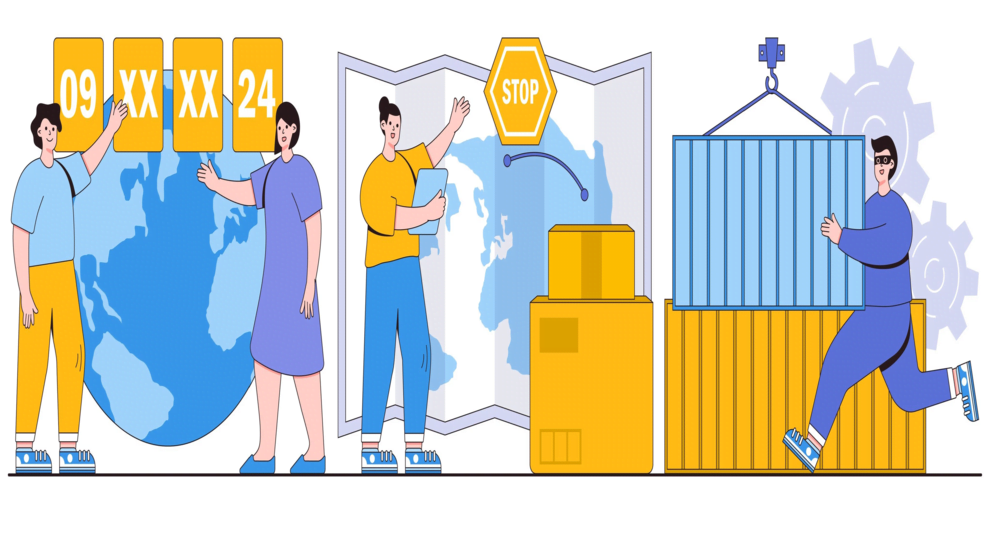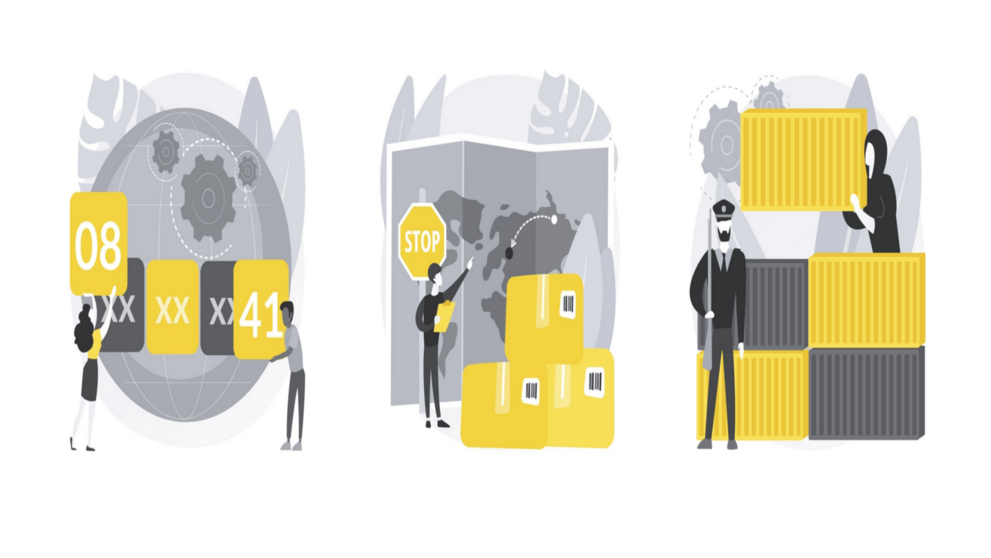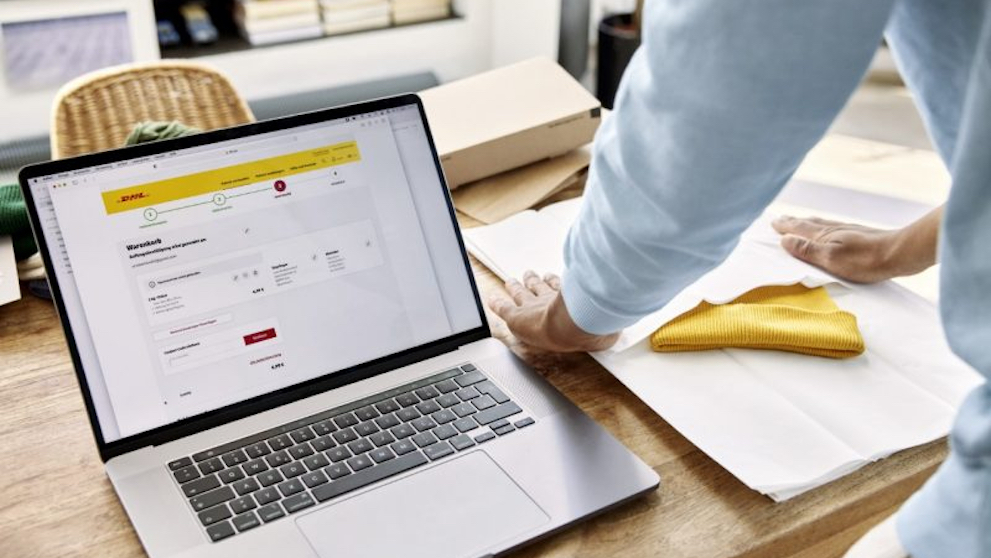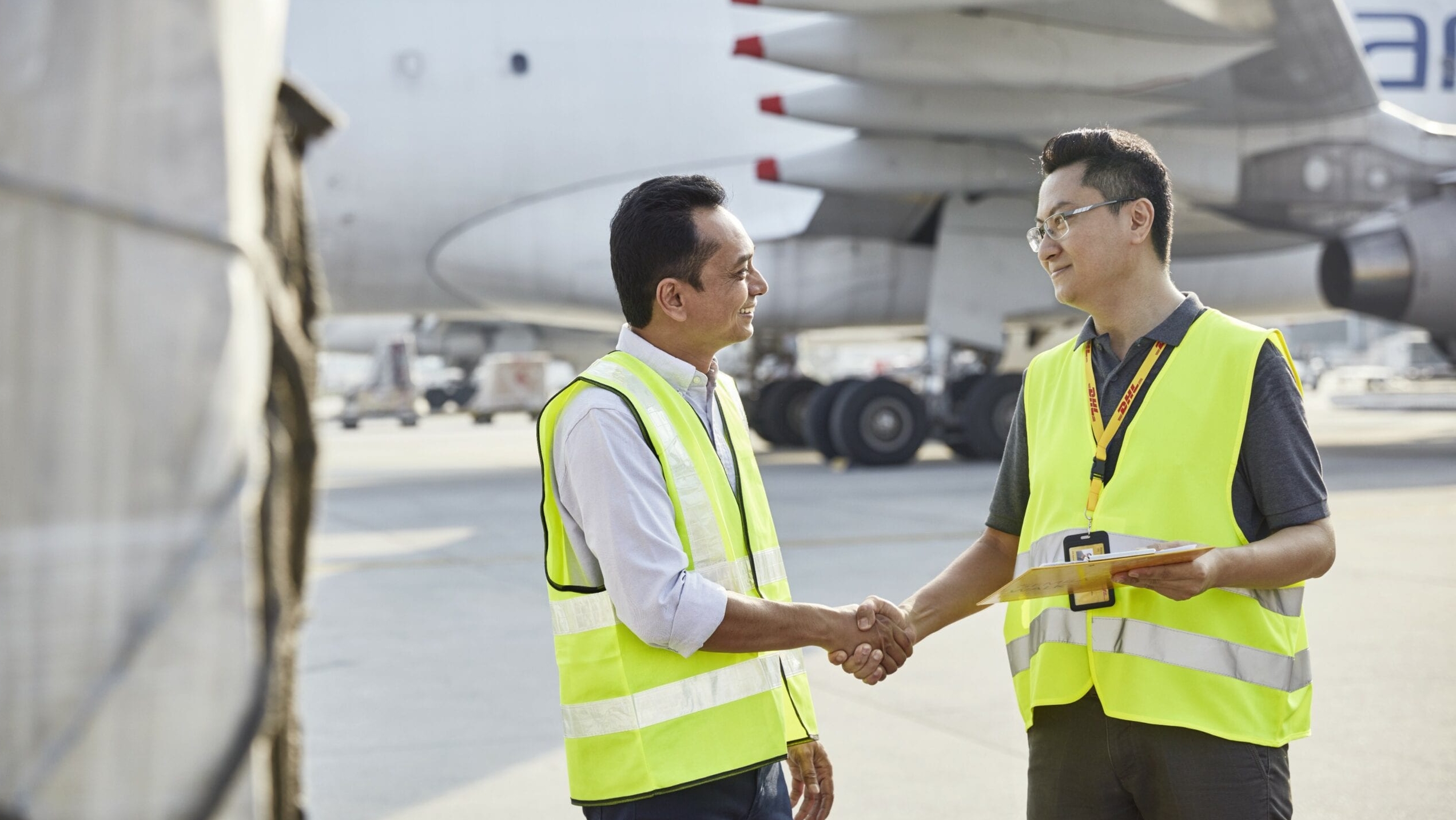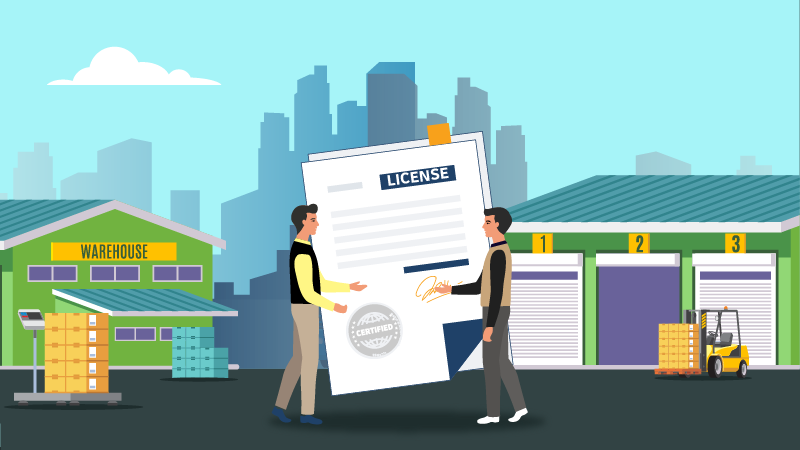There are several reasons why shipments may experience delays or get stuck in Malaysian Customs.
These reasons fall into three main categories: Physical Examination, Duties & Taxes, and Customs Clearance & Documentation.

Reason 1: Physical Examination
Delays in clearing shipments can occur due to the need for a physical examination by Customs or other government agencies (OGA). This examination is conducted to inspect the goods after they have been declared for shipment.
Valuation issues
Customs officers verify the value of items listed in the commercial invoice. If they suspect the declared value is too low, they may request proof of payment from the receiver. Undervaluation can lead to fines, additional taxes, and audits.
Solution: Provide proof of purchase such as receipts, credit card statements, or order confirmation email to validate the declared value. Declare the actual transaction value of goods paid or payable for the goods sold, instead of providing the price of manufacturer or production.
How to avoid: Be honest about the value of your items to avoid any legal issues. Accurately declare the value based on the actual cost or retail price.
Classification issues
Customs officers verify the accuracy of HS Codes assigned to items in the commercial invoice. HS Codes are global standards for identifying and classifying traded goods, and determining applicable duties and taxes. Incorrect or disputed HS Codes can lead to inspection delays and additional fees or penalties.
Solution: Provide accurate and detailed information about each item. Include item catalogues or technical information to support the assigned HS Code.
How to Avoid: Describe each item as detailed as possible and determine the correct HS Codes. Seek guidance from authorities like the Royal Malaysian Customs Department (RMCD) or use resources like DHL’s MyGTS.
Confiscation
Customs can confiscate shipments if the item falls into a prohibited category or if it poses a health and safety risk. The confiscation process is carried out to prevent the entry of illegal, harmful, or dangerous items into the country.
Solution: Contact the Customs for the next steps.
How to avoid: Check the list of prohibited items and obtain the required permits or licenses before sending the shipment.

Reason 2: Duties and Taxes
Delays in clearing shipments can occur due to issues related to duties and taxes.
Duty and tax confirmation
When the duty and tax payment confirmation is pending, it can lead to delays in clearing your shipment. Customs clearance cannot proceed without these payments being settled.
Each country has a set threshold, known as the de minimis value. In Malaysia, this threshold is RM500. If your shipment's value exceeds this amount, you are required to pay duties and taxes before Customs can release your goods. Failure to pay could risk you having the parcel seized, returned or disposed of.
Solution: Pay the outstanding duties and taxes.
How to avoid: Consider selecting a Delivery Duty Paid (DDP) option where the shipper pays the duties and taxes in advance.
High duties and taxes
In cases where the duties and taxes are more than RM5000, payment may need to be made via check or bank transfer.
Solution: Follow the clearance team's instructions to make the payment.
How to avoid: Assess the duties and taxes for high-value shipments in advance and make necessary preparations for payment.
Expired Exemptions
Duty exemptions are special provisions that allow certain goods to be imported without paying duties. However, these exemptions have specific validity periods, and if the exemption has expired, Customs will request new or current paperwork for duty exemptions.
Solution: Obtain the new or updated paperwork for duty exemptions.
How to avoid: Regularly check the expiration dates of any duty exemptions that apply to your shipments. Plan your shipping accordingly and ensure you have the updated and valid paperwork to support your exemption claim.

Reason 3: Clearance and Documentation
Delays can also occur due to issues with customs clearance and documentation.
Incomplete documents or invoice
The paperwork, such as the commercial invoice, contains important information that customs authorities need to properly identify and classify the goods. If the paperwork is missing or inaccurate, customs may not be able to assess the nature and value of the items accurately.
Solution: Ensure that all necessary paperwork especially commercial invoices is provided.
How to avoid: Don't leave any required fields empty in the commercial invoice or other customs documents and avoid providing inaccurate information and using a foreign language or format that may not be understood by customs authorities. Include all necessary paperwork to provide a comprehensive and accurate overview of the shipment.
Permit requirements
Most restricted items require permits or specific paperwork, which will be subject to customs requirements. The Customs broker will inform the receiver about any required permits as Customs can confiscate shipments if they contain prohibited items or lack the required import licenses or permits.
Solution: Apply for the necessary permits as instructed.
How to avoid: Research and understand the permit requirements for your specific items and make sure to obtain the required permits before shipping. Consider seeking professional assistance from a customs broker for guidance and compliance.
Clearance approval
Customs may require clearance approval based on certain paperwork or duties.
Solution: Follow the instructions from the customs clearance team and provide any additional information or documentation as requested.
How to avoid: Comply with customs requirements and provide all necessary documentation accurately and on time.
![Why is your package stuck in customs [Solution + Prevention]](/discover/content/dam/malaysia/logistics-advise/1080x396-discover-header-banner-shipment-stuck-solutions.png)

